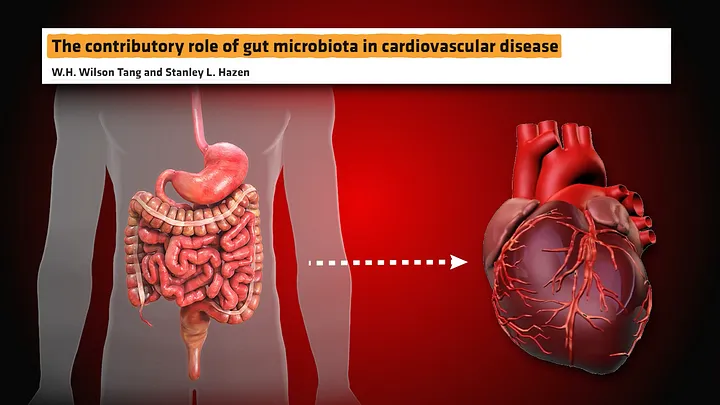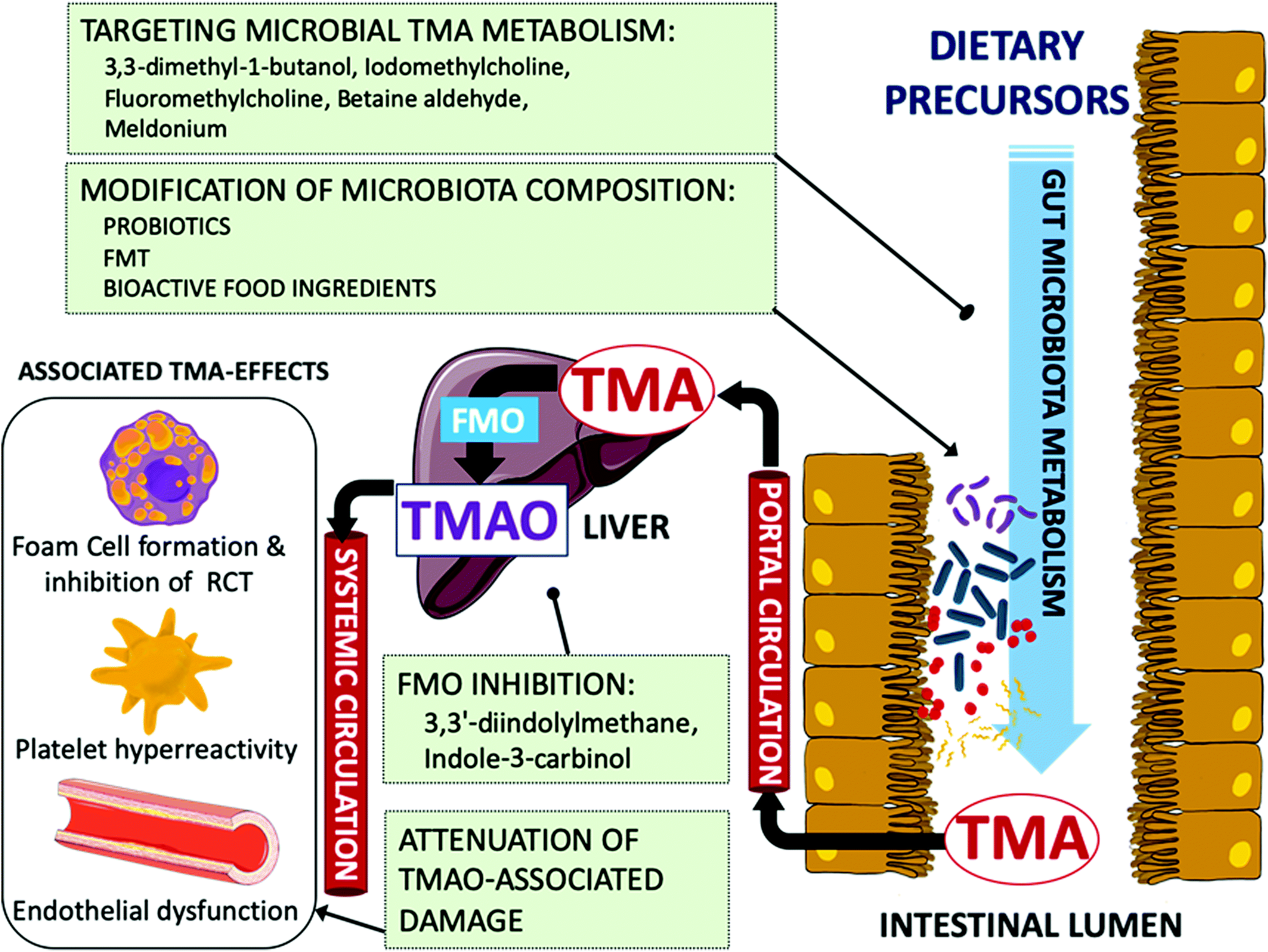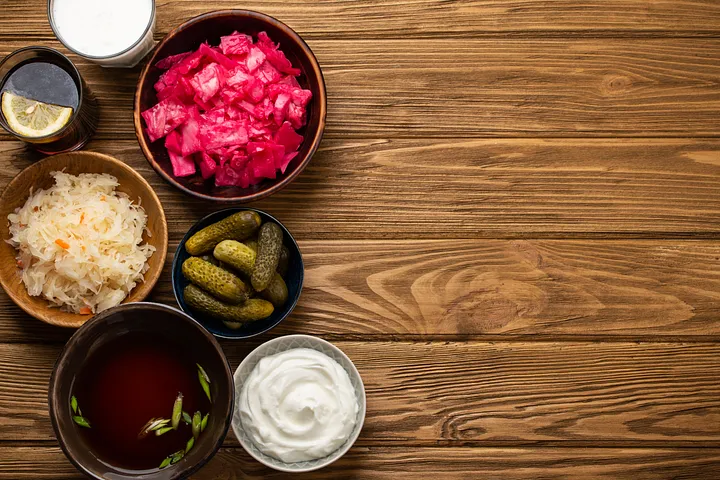What if the key to protecting your heart lies not in your chest, but in your gut?
In the world of health and wellness, we often hear about maintaining a healthy diet, exercising regularly, and keeping cholesterol levels in check to protect our hearts. But there’s a lesser-known player in this equation that deserves the spotlight: your gut microbiome.
Trillions of microorganisms live in your gut, influencing everything from digestion to immune function. Yet, recent research reveals they also play a critical role in cardiovascular health, affecting your cholesterol levels, inflammation, and even the risk of heart disease.
What Is the Gut-Heart Connection?
Your gut is home to trillions of bacteria that break down food, produce essential nutrients, and regulate immune function. But here’s the surprising twist: these microbes don’t just impact your digestion — they also influence your heart.
The gut microbiome interacts with your body in ways that can either protect or harm your cardiovascular health. One such mechanism is through the production of trimethylamine-N-oxide (TMAO), a compound linked to arterial plaque buildup, inflammation, and heart disease.
When certain gut bacteria process choline and carnitine (found in foods like eggs and red meat), they produce trimethylamine (TMA). TMA is then converted by the liver into TMAO, which can damage blood vessels and accelerate the development of atherosclerosis.
Why This Matters
Understanding the gut-heart connection isn’t just fascinating science — it’s actionable knowledge. By nourishing your gut microbiome, you can take steps to lower harmful compounds like TMAO and promote a healthier cardiovascular system.
This could mean reducing your reliance on medications like statins in the future, as emerging research explores pharmacological interventions targeting TMAO production.
How to Support a Heart-Friendly Gut
Taking care of your gut microbiome doesn’t have to be complicated. Here are some simple, evidence-backed strategies:
- Load Up on Fiber: Foods rich in fiber, like leafy greens, berries, and legumes, feed beneficial bacteria like Bacteroidetes, which help reduce inflammation and regulate cholesterol.
- Incorporate Fermented Foods: Probiotic-rich foods like yogurt, kimchi, and sauerkraut introduce beneficial bacteria and support gut diversity.
- Add DMB-Rich Foods: Olive oil, balsamic vinegar, and grape seed oil contain 3,3-Dimethyl-1-butanol (DMB), a compound that can inhibit the production of TMAO.
- Stay Active: Regular exercise has been shown to improve gut microbiome diversity and increase populations of beneficial bacteria.
- Hydrate Well: Proper hydration supports digestion and helps maintain a balanced gut environment.
Watch the Full Video to Learn More
Want to dive deeper into how your gut influences your heart health and what you can do about it? Check out my latest video, “The Heart-Gut Connection: How Your Gut Health Affects Your Heart!”, for a detailed breakdown of the science and practical tips you can implement today.
[Watch the Video Here] (YouTube Link)
Final Thoughts
Your gut and heart are more connected than you might think. By focusing on gut health, you’re not only improving digestion but also taking proactive steps to protect your heart and overall well-being.
Let’s make the gut-heart connection a cornerstone of how we approach health — and empower ourselves with simple, impactful changes.
Have thoughts or questions about this topic? Let’s discuss in the comments below! And if you enjoyed this article, don’t forget to check out the video for even more insights.
#GutHealth #HeartHealth #Microbiome #Wellness #HealthyLiving #MendHuman #Medium





Leave a Reply